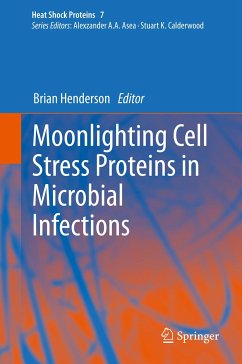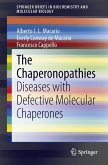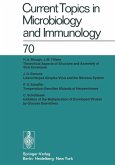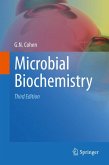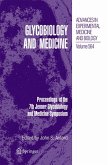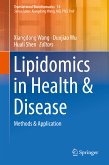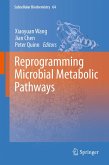Microbial infection is increasingly seen as a problem as we begin to run out of antibiotics. Understanding how microbes cause disease is essential. In recent years it has begun to emerge that bacteria, fungi, protozoa and viruses can use their cell stress proteins to cause infection. This volume brings together the world's leading experts in the study of the microbial and human cell stress proteins that are involved in enabling microorganisms to infect humans and cause serious disease.
Dieser Download kann aus rechtlichen Gründen nur mit Rechnungsadresse in A, B, BG, CY, CZ, D, DK, EW, E, FIN, F, GR, HR, H, IRL, I, LT, L, LR, M, NL, PL, P, R, S, SLO, SK ausgeliefert werden.

